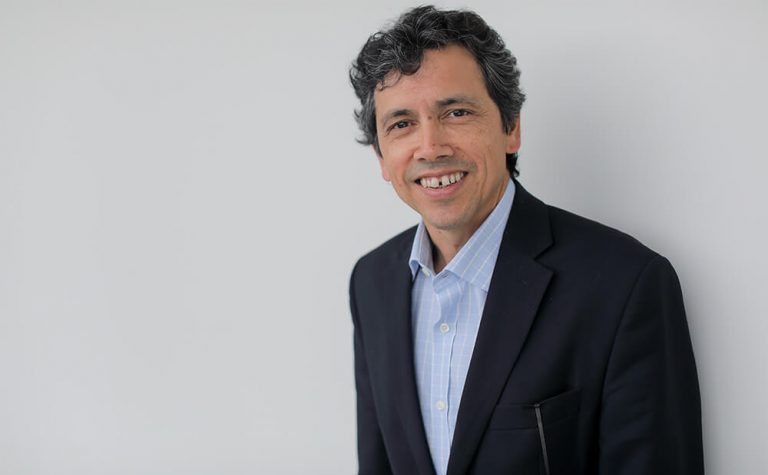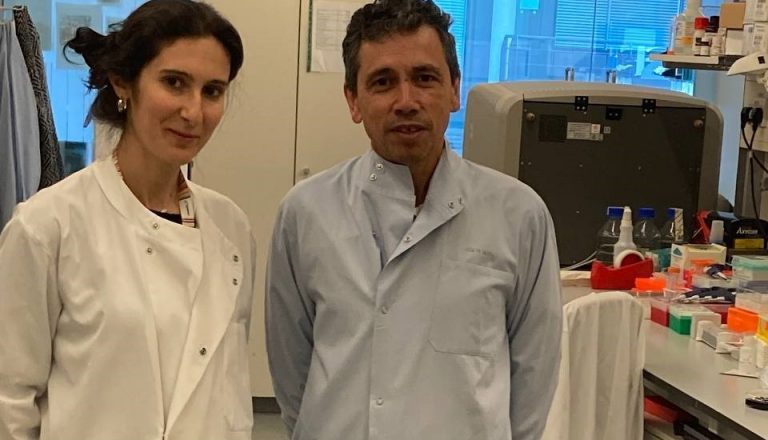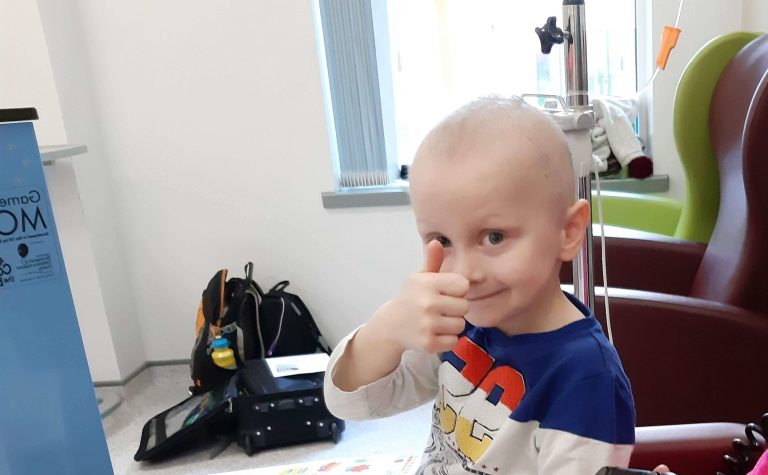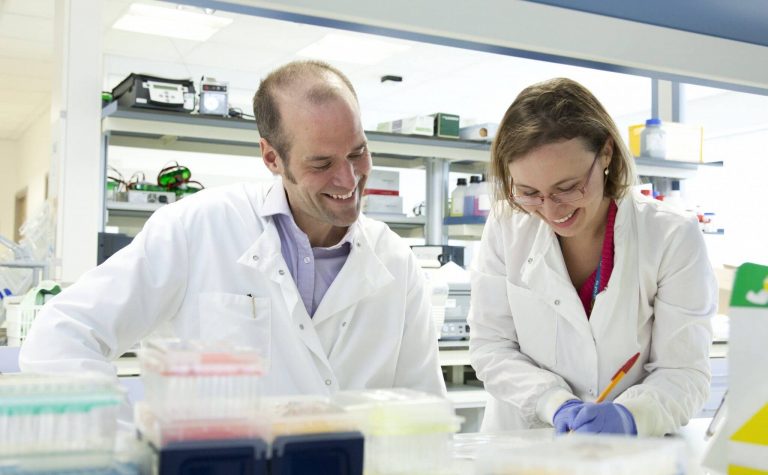Project Details
Project Title
Targeting RUNX/Core Binding Factor-dependency in relapsed and poor prognosis acute lymphoblastic leukaemia
Lead Researcher
Professor Tariq Enver
Research Centre
UCL Cancer Institute
City & Institution Postcode
London, WC1E 6BT
Start Date
1 July 2017
Duration
56 months
Grant Amount
£182,907




